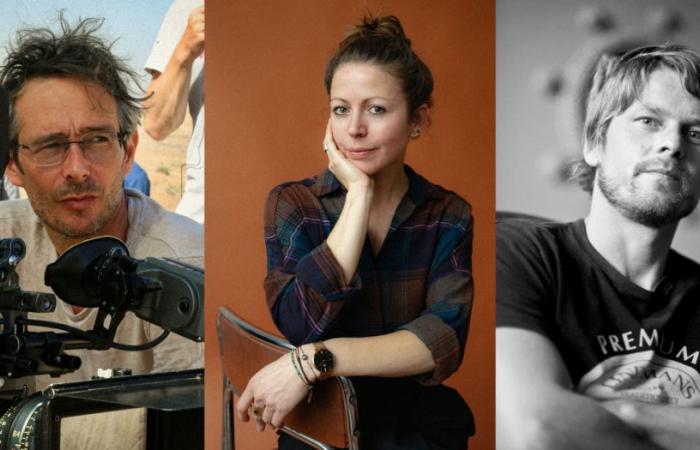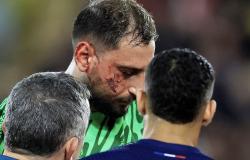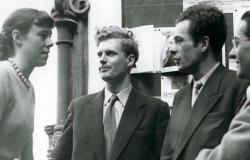Cinema function organise
January 16, 2025 at 7 p.m.
a round table organized, in partnership with the SCS, on “scenes of conflict”
with a director and two Swiss cinematographers, members of the Swiss Cinematographers Society:
The seas of Madör has been working in the film industry since 2009. After working as a camera assistant for numerous national and international feature films, TV films and series, she obtained a master’s degree in cinematography at the Babelsberg Konrad Wolf Film University. She notably designed the image for the multi-award winning feature documentary Three Women by Maksym Melnyk, the series Made in Germany broadcast on ARD and the feature documentary Exile Never Ends by Bahar Bektaş which received the FIPRESCI prize for best documentary at the 45th Max Ophüls Film Festival and won the FFF Talent Award at the DOK.fest in Munich
Stéphane Kuthy, after studying cinema at ECAL in Lausanne, he worked as a camera assistant in Paris then in Berlin for several years. As a director of photography, he has shot more than fifteen feature films and twenty cinema documentaries, as well as numerous television films. He notably signed the image of Haltlos by Kida Khodr Ramadan, Neighbors by Mano Khalil and Where are you, Joao Gilberto? by Georges Gachot. He regularly teaches in film schools and has been, since January 2023, president of the Swiss Cinematographers Society SCS.
Pietro Zuercher graduated from the American Film Institute in Los Angeles in 2003. He works in film industries around the world, from the United States to Europe to India. During his 25 years of experience, he has worked on more than 30 feature films, both independent films and large productions. In Switzerland, he notably signed the image for the Station Horizon series by Romain Graf and Pierre-Adrian Irlé, My little one by Frédéric Choffat and Julie Gilbert, Double vie by Bruno Deville and Atlas by Niccolò Castelli.
Why this theme?
Argument, breakup, fight, but also social or armed conflict, the list is long as “conflict” is essential in the construction of a cinematographic work. It is in fact on these scenes that a large part of the issues and dramatic tension of a film rest and converge. Developed jointly with the directors, the depiction of conflict scenes relies heavily on the vision and suggestions of the directors of photography who put their art at the service of the staging and aesthetics of a film. How are these sequences constructed? How to cut them, light them, how to determine their rhythm, their duration, their tension and their style? But also, what to show and what to hide from the conflict to make it exist most accurately?
This evening will be moderated by Séverine Barde, director of photography and director, member of the Swiss Cinematographers Society and the Function: Cinema committee.
Language(s): French and English
Prices:
CHF 5.- for members of Function: Cinema and the SCS
CHF 15.- for non-members
INSCRIPTION






